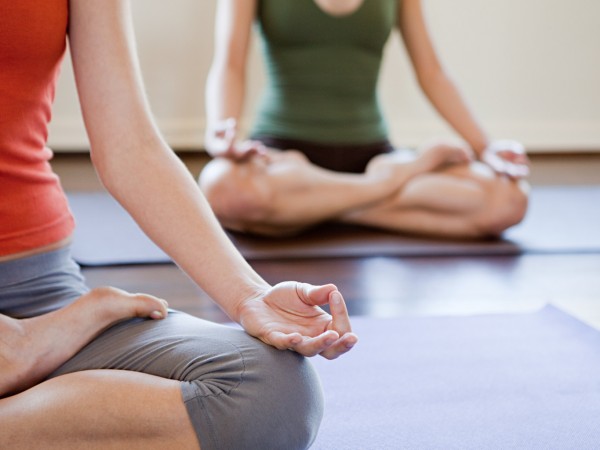What is Yoga Bali Retreat?

A yoga bali retreat is a withdrawal to focus on the practice of yoga. A retreat can be solitary and/or local, but often involves a trip to a location that offers group yoga activities. In the western world, yoga retreats tend to resemble vacations at luxury resorts, but the eastern concept of retreats are more humble in nature, leaning toward more affordable getaways. These can be found in India’s ashrams and monasteries.
The purpose of a retreat is to allow yogis to deepen their practice without the distractions of life. Yoga retreats are temporary breaks from daily routine that typically last from weekend to a week or more.
While the purpose of a traditional yoga retreat requires a slower pace, some western-style retreats are recreational vacations that feature five-star accommodations, high-end restaurants and a range of activities that include yoga classes, meditation, massage and even hiking, horseback riding and sightseeing.
Many traditional retreats with a focus on mindful awareness and the spiritual practice of yoga can be found throughout the world, including the west, with price tags that range from high-end to modest. With the guidance of an instructor or guru, the yogis learn to let go of distractions as they immerse themselves in asana, meditation and pranayama practices. The retreat may also focus on eating habits and the practice of ayurveda to improve overall physical and spiritual health, as well as instruction in yogic philosophy.
In this fast-paced world, where most people rarely take enough time for themselves to reflect and focus on their feelings, we know the importance that meditation and yoga have. However, at the other end of the spectrum, there are those who feel too much and too strongly, who are considered empaths, or those with Empathy Syndrome. While Empathy Syndrome is still a relatively new find in the psychology world, by understanding what it is, we can see how yoga will benefit those who feel too much.
What is Empathy Syndrome?
With about 15-20% of the world’s population considered to be empaths, it is important to understand what exactly this syndrome is. The definition of this condition is based on how a person approaches the emotional challenges of other people. Empathy is often mistaken for sympathy, but they are actually two very different things.
While sympathetic people can relate to those in times of turmoil, there is still a level of separation and even superiority involved, which enables sympathetic people to distance the problem from themselves. In empaths, however, the problems of another are actually internalized, taking them on as their own. This can also be reflected by internalizing emotions as well – when an empath feels stressed or saddened when another person does. This is why this syndrome is often referred to as an issue of feeling too much.
How Can Yoga Help?
The first step that every empath needs to begin with is that they must learn to take care of themselves. Interestingly, having Empathy Syndrome still puts a person in a mindset where they cannot live in the moment or reflect on themselves, because they are too preoccupied with the problems and issues of another person. This is where yoga steps in.
While yoga is of a course a great physical practice for the body, it is also a process of self-awakening, of disciplining ourselves to live in the present moment. Consistently practicing yoga can actually sharpen the mind so that we not only see reality clearly, but also root our consciousness in it. While this is not a simple journey, it is such an important practice for everyone – including empaths. Since they are characterized by feeling too much for other people, the practice of yoga can bring empaths back into their own reality, and encourage them to focus on themselves, in order to live in the present. For those who think and do so much for other people, yoga is the greatest gift that will bring some much needed attention and reflection back to the self.
While the world in general can always use more empathy, there are those who carry heavier burdens in terms of their drive to empathize. Yoga should be seen as the way to balance these emotions and feelings by choosing to take care of oneself, too. The connectedness and unity with the world this practice brings to light includes oneself, and it enables an empath to work towards living in the present moment and in their own reality.





